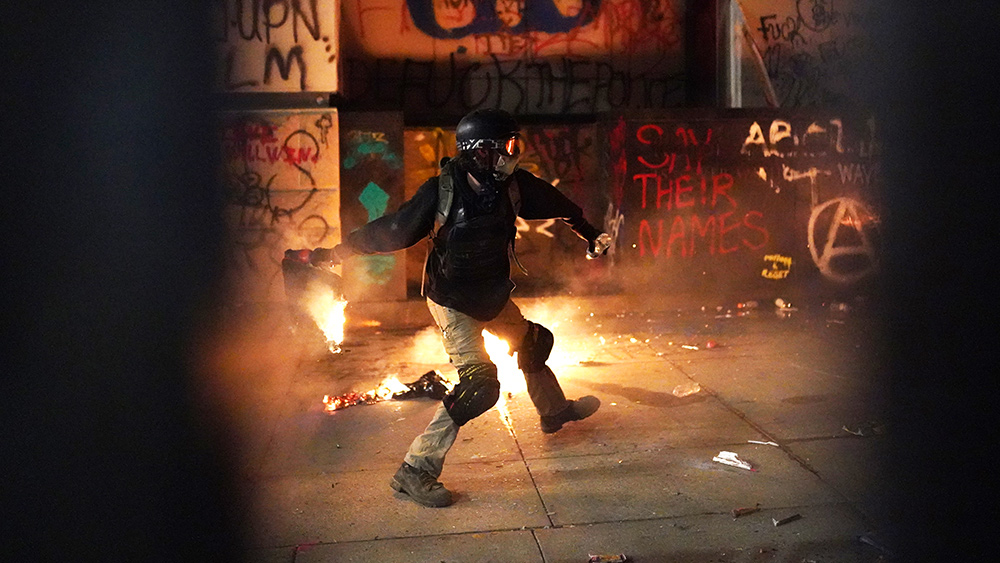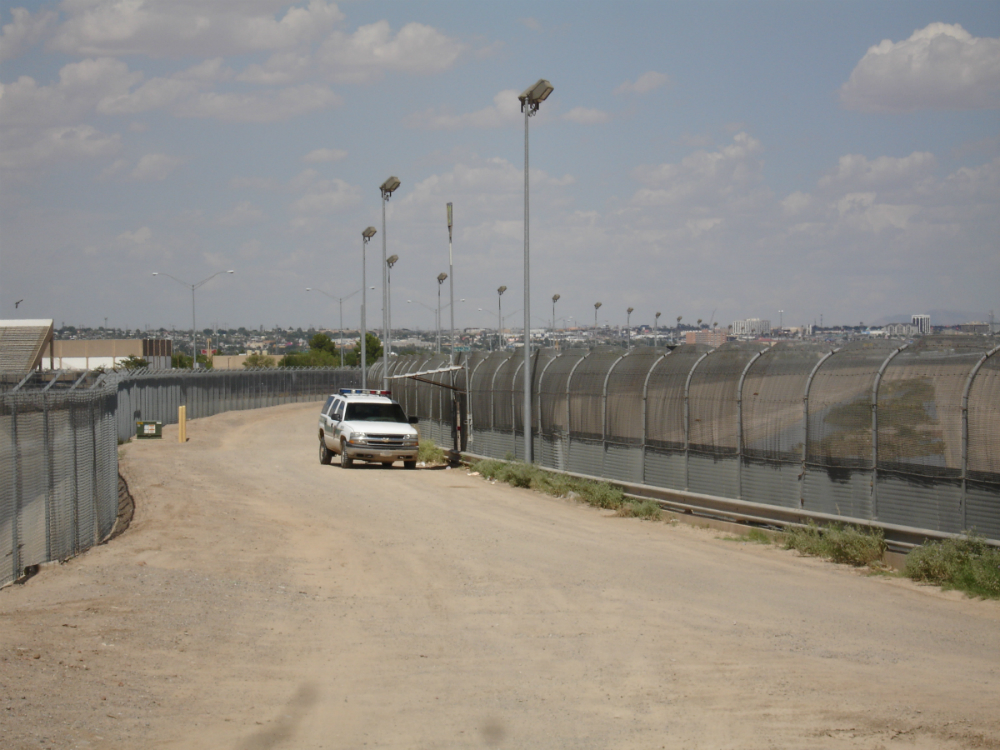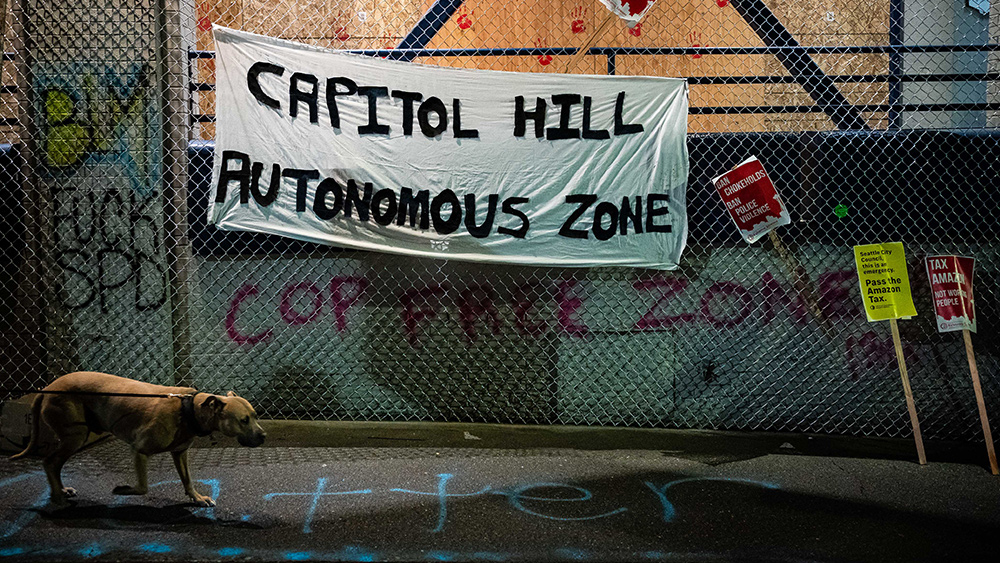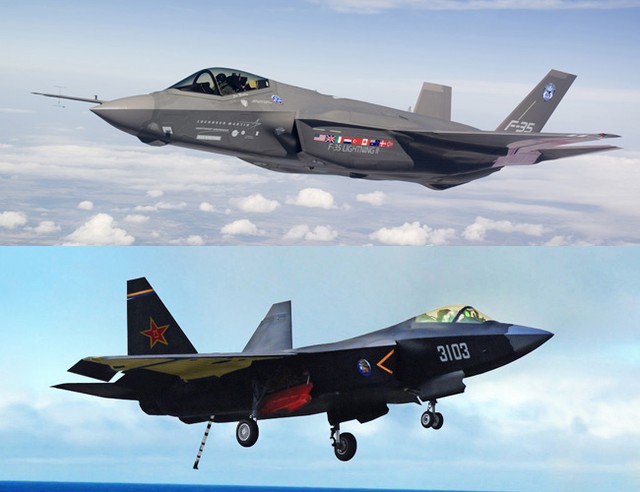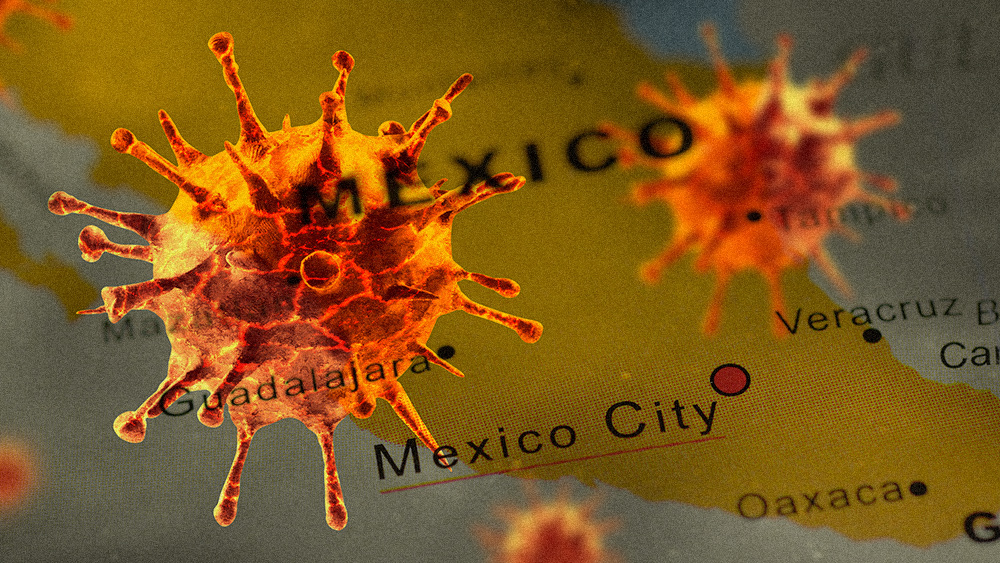Meth shipments entering the U.S. from Mexican border in record numbers during coronavirus pandemic
09/15/2020 / By Cassie B.

It may not be business as usual for restaurants and hair salons throughout the U.S. thanks to the coronavirus crisis, but methamphetamines have been coming across the border at an all-time high in recent months.
This is according to U.S. Customs and Border Protection officers, who report that Mexican cartels have been finding more unusual ways of smuggling drugs into America during the pandemic. In particular, they say they’ve seen a big spike in fentanyl and meth at the southern border.
The precursors that are used to make methamphetamine, like the cold medicine pseudoephedrine, remain cheap and abundant, so meth has been a consistent market for the cartels even as coronavirus threatens other operations. In some cases, the cartels are getting chemical precursors for both meth and fentanyl from China.
The director of field operations in the Tucson field office, Guadalupe Ramirez Jr., said that although their field office is the smallest, they are often ranked second or third when it comes to narcotics seizures. And while other locations are reporting rises in meth, Ramirez said Tucson has seen a big rise in fentanyl.
So far, the total volume of meth they’ve seized is nearly double that of all of last year, and we’re just entering into September. Although the volumes of meth seized have been rising steadily over the past few years, the recent spike has been a significant one. In the fiscal year 2019, 68,585 pounds of meth were sized by the Office of Field Operations nationwide; the amount seized so far this year is already standing at 118,153 pounds.
Summer of seizures
Officers in Laredo, Texas, report near-daily meth seizures. In a pair of law enforcement operations at the World Trade Bridge last month, CBP officers intercepted meth shipments with a street value of nearly $30 million. Just a few days later, they seized a further $3.3 million worth of meth.
In early August, CBP officers found 300 kilograms of meth inside crates filled with cactus pads during an inspection of a semi-truck in San Diego. On a different occasion, an ultralight aircraft was caught dumping a load of meth near the border between California and Mexico. Agents saw it flying at a low altitude and found a bag with 151 pounds of meth inside with a street value of around $340,000. A similar incident took place in July, when 145 pounds of meth were found in a low-flying ultralight aircraft.
The price of these street drugs is also being affected by the pandemic. As law enforcement hits their supply line, the price goes up. Maricopa County Sheriff’s Office Sergeant Joaquin Enriquez said that the price of meth has gone from $1,700 per pound at the start of the year to $4,000 per pound because it’s grown more difficult to transport it and get it through the borders with COVID-19-related security measures.
Because the borders are closed to all but essential travel during the coronavirus pandemic, CBP officers report that criminals are becoming a lot more creative about the routes they are using and the methods of concealment they employ now that it’s harder to blend in with normal traffic.
Ramirez told Fox News that while their traffic has dropped by 20 to 24 percent for pedestrians and passenger vehicles, their narcotic seizures have risen by 40 percent.
Ramirez noted: “Now you see deeper concealments, smaller quantities, harder to find, and you see more people walking across with the narcotics strapped to them. We’ve seen a huge increase in the internal carriers through our ports of entry.”
CBP officers say that as long as there is a market for these drugs in the U.S., smugglers will continue to find innovative ways to skirt the law and bring them into the country.
Sources for this article include:
Tagged Under: border, border security, cartels, drug running, drug smuggling, Fentanyl, illegals, invasion usa, meth, mexican border, Mexico, national security, Open Borders, priority, Public Health
RECENT NEWS & ARTICLES
COPYRIGHT © 2018 BORDERSECURITY.NEWS
All content posted on this site is protected under Free Speech. BorderSecurity.news is not responsible for content written by contributing authors. The information on this site is provided for educational and entertainment purposes only. It is not intended as a substitute for professional advice of any kind. BorderSecurity.news assumes no responsibility for the use or misuse of this material. All trademarks, registered trademarks and service marks mentioned on this site are the property of their respective owners.

